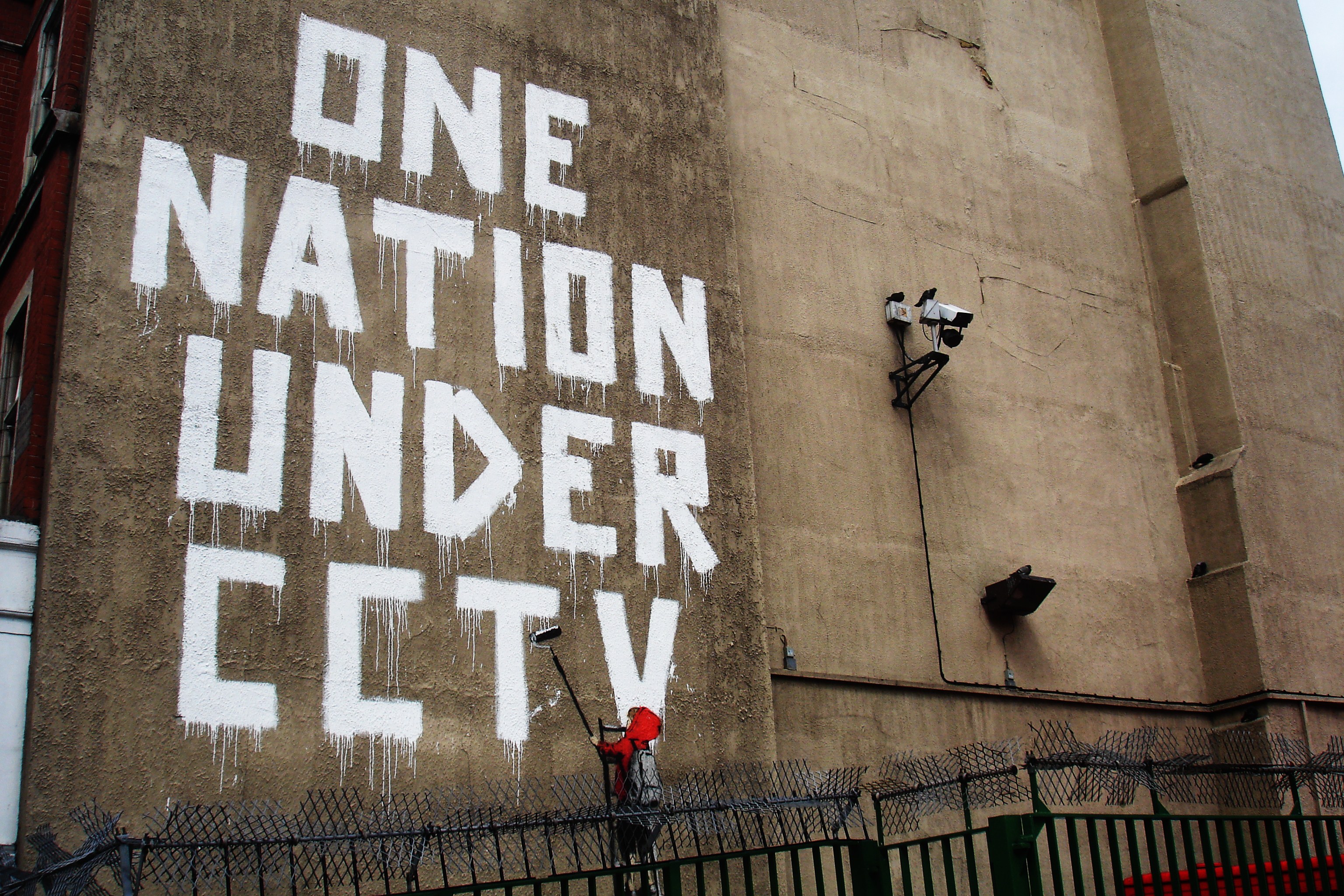After Aaron Driver’s attempt to commit an act of terror in an urban center in Southern Ontario, which had been foiled by a joint FBI/RCMP investigation, the Conservatives are renewing its push to maintain the controversial anti-terror legislation Bill C-51 in the face of potential amendments. This was the legislation introduced by the Harper Government after the 2014 Parliament Hill shooting to address the contemporary threats of terrorist attacks.
Contemporary mass surveillance, intimately related to Bill C-51, is gradually chipping away at our ability to be anonymous. Particularly for those of us who may not understand the complicated world of Internet cryptography — a discipline that both keeps us safe and exposes us to surveillance — the decline of anonymity should be alarming.
What is anonymity? To be fully anonymous means to be completely unidentifiable. Sociologist Gary Marx points out that being anonymous is fundamentally social. In order to be anonymous, you must have some kind of audience to engage with. Otherwise, you are just alone.
This was once much easier than it is today. Before the advent of digital technologies, it was much easier to wander the streets of a metropolis in a blissful state of anonymity. Today, there are cameras everywhere. Further, there are advance facial recognition systems that render us completely visible to those who have the resources to operate such savvy tech.
In terms of the Internet — being anonymous is a great feat of computer genius. Everything you do on your computer leaves a trail of meta-data that can be traced to identifying information. Even the famous TOR browser, one of the most reliable tools in terms of anonymous browsing, is traceable to those with the know-how. In todays complicated media environment, no tool will render you completely anonymous.
Media Theorist Helen Nissenbaum argues that “information technology has made it possible to track people in historically unprecedented ways.” Even 4Chan, the (in)famous birthplace of the hacktivist group Anonymous, is traceable. Users are only anonymous to other users — not to those who administer the website. As users conduct themselves online they leave discrete packets of metadata that can lead to them being re-identified. This is also the case for social media apps like Whisper and Jodel which are branded around anonymity.
According to the whistleblower Edward Snowden, mass surveillance is not about terrorists, it is about social control. This is a point he pays credence to in many of his public talks.
Snowden specifically identifies Bill C-51 as a center for social control. At a public video chat session at Queen’s University, he observed that if you strip the legislation of references to terrorism all you have left is an assault against civil rights.
Critics, from activists to lawyers, have opposed this bill for its vague definitions and expanded powers given to CSIS and the police. This bill had quickly become a massive threat to human rights and the right to privacy. The Liberals had promised to amend the bills problematic features — a task still up in the air and delegated to the largely secretive National Security Oversight Committee.
The ability to maintain anonymity is an important facet of radical politics. Though the Liberal government has promised to amend the portions of Bill C-51 that threaten our right to protest, they specify that protest must be sanctioned and legal. There are times when protest is not sanctioned by the state. We must only look to the Police Brutality Marches in Montreal or Indigenous pipeline protests. Any instance of civil disobedience can result in imprisonment and costly court trials.
Let’s face the fact that not every activist can afford bail and a good lawyer. Anonymity is not cowardice; it is a necessary protection for those who do not align with the cultural or political norms of a society.
Anonymity is a right that we must protect in order to ensure the ability to resist unjust state and industry incursions. This is especially important in the contested world of cyberspace. There is a constant push between hacker groups, such as Anonymous, and intelligence agencies to control the Internet.
Anonymous may be losing. In the last decade the Internet has shed its promise of neutrality and has become a branded space. A playground for Facebook, Google and the NSA. As the hacker group stated in a recent article on Medium, “Control of the Internet is control of the dialogue which is directing and coercing behaviour worldwide.”
Surveillance is a slippery slope. The more we allow legislation like Bill C-51 to come into law, the more those in power will push for user visibility. One major theme in Surveillance Studies is that surveillance spreads — it creeps and it grows. And as it does, we need to step up our activism. We need to hold the government and corporations who conduct such surveillance accountable.
We need to rise to the defense of anonymity. As Michel Foucault wrote in Discipline and Punish, “Visibility is a trap.”
Kyle Curlew is an MA student in the Sociology of Surveillance at Queen’s University. He is an academic and independent journalist and blogger who is interested in new media, surveillance, science fiction and technology.
Like this article? rabble is reader-supported journalism. Chip in to keep stories like these coming.
Image: Flickr/Carolina Alves



